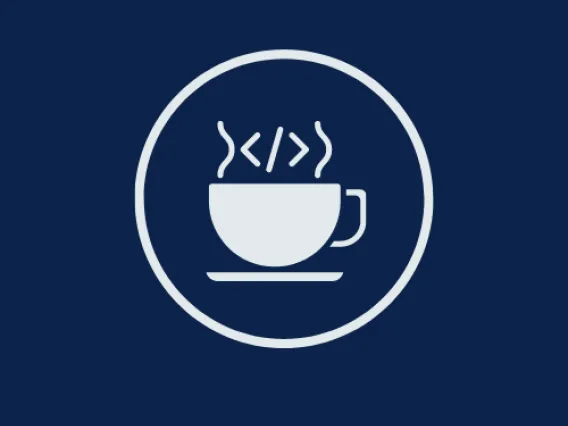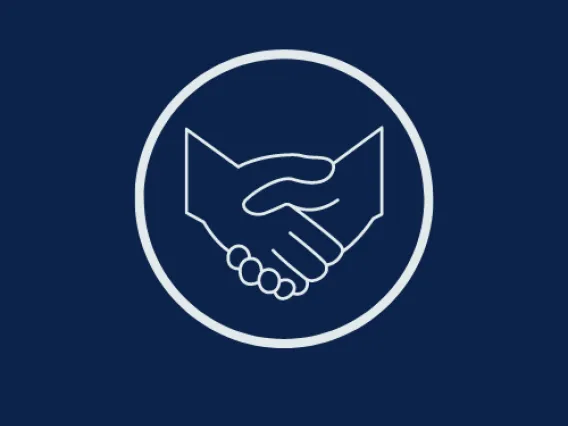UArizona DataLab
Empowering Innovation
DataLab Workshops
Step out of conventional GIS frameworks and discover the latest trends in geospatial data science where open tools, cloud technologies, and the proliferation of sensor data are innovating earth observation and environmental monitoring.
When: Every Tuesday from 2-3 pm. Sept. 3rd - Oct. 29
Where: Weaver Science and Engineering Library Rm 212. You can also join virtually through this Zoom link.
This series of workshops provides graduate students in public universities with the necessary skills and tools to analyze biological data using high-performance computing resources.
Participants will acquire hands-on experience with industry-standard command-line tools (CLI) for DNA and RNA sequencing analysis, sequence manipulation and alignment, and pipeline management for automating complex workflows. They will also learn about differential expression analysis for identifying genes with altered expression levels, data visualization techniques for effectively presenting results, and the basics of artificial intelligence (AI) and machine learning (ML) in bioinformatics.
When: Every Tuesday from 3-4 pm. Sept. 3rd - Oct. 29th
Where: In-person at the Weaver Science and Engineering Library, Rm 212, or join virtually using this Zoom Link.
The purpose of the Research Productivity Workshop series is to help alleviate the challenges with creating a culture for diverse teams to thrive, planning, and managing projects. These sessions will benefit faculty, researchers, staff, and students (undergraduate, graduate, and post-doctoral) planning your next project, currently working on projects, and preparing for your next grant proposal submission.
When: Every Wednesday from 1-2:30 pm.
Where: Weaver Science and Engineering Library, Rm 212 or virtually through this Zoom link.
Advanced AI techniques, particularly in the realms of deep learning, sequence modeling, and retrieval-augmented generation (RAG), are revolutionizing the healthcare industry. These technologies offer powerful tools for analyzing complex data, predicting patient outcomes, and enhancing decision-making processes in clinical settings.
When: Every Thursday from 1-2 pm. Sept. 19th - Oct. 24th
Where: Sessions will take place at the Weaver Science and Engineering Library, Rm 212. Participants can also join virtually using this Zoom link.
Generative AI is a subset of artificial intelligence that focuses on creating new content. Unlike traditional AI models that analyze data, generative AI models learn patterns from existing data and generate new, original content. This can range from text, images, music, and even code.
When: Every Thursday from 2-3 pm.
Where: In-person at the Weaver Science and Engineering Library, Rm 212 or virtually through this Zoom link.
Join us for an engaging and accessible introduction to Natural Language Processing (NLP) and its practical applications for everyday tasks! In "NLP for All," we will explore the fundamental concepts behind NLP: From understanding how computers interpret human language; to discovering how to improve search queries, use regular expressions, find datasets, and learn about pipelines for working with language. Whether you're curious about chatbots, voice assistants, or automated text transcription and analysis, this series will demystify popular technologies and show you how they work.
When: Every Thursday from 3-4 pm.
Where: In-person at the Weaver Science and Engineering Library, Rm 212 or virtually through this Zoom link.
Data Lab Activities

Coffee & Code
What: Coffee & Code is a place to share ideas, receive and give support and knowledge, connect with other researchers and build a community. Stop by every Wednesday morning.
Where: Catalyst Cafe at BSRL
When: 8.30AM - 10.30AM, every Wednesday

Hacky Hour
What: Hacking + Happy Hour = HackyHour! Every week, researchers, data scientists, and programmers around campus get together. Some people bring their programming problems to get help from those with more experience. Those without projects come to discuss their research, brainstorm new ideas, try out new technologies, or chit chat about data science!
Where: Snakes & Lattes (University Blvd)
When: 4PM - 7PM, every Thursday

Code Commons
What: Code Commons is a community of practice for people in Tucson working with code and building software. Everyone is welcome to bring their laptop, projects and share ideas.
Where: CATalyst Data Studio, UA Main Library (map)
When: Wednesdays 2-6 PM
Consultation Services
To schedule a consultation, please email the Data Lab Team
Data Lab Team
Jeff Gillan
Michele Cosi
Carlos Lizárraga
Mithun Paul
Andrew Bennett
Greg Chism
Angela Cruze
Tina L. Johnson
Enrique Noriega
Maliaca Oxnam
Tyson Swetnam
Ankit Pal (GA)
Eric Fingalson (V)
Atharva Goel (HS)
Brenda Huppenthal (GA)
Linda Engelman (U)
Megh Krishnaswamy (GA)
Mario Weiler (U)
Patrick Lohr (V)
Quanwei Lei (U)
*GA=Graduate Assistant, U=Undergrad, V=Volunteer
